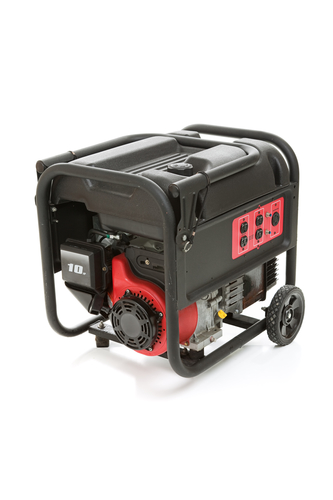An Overview: Air-cooled vs. Liquid-cooled Generators
Jan 25, 2016As you select a generator for your needs, you may come across two different models – air-cooled and liquid-cooled generators. Before making your final purchase, it’s worth familiarizing yourself with the advantages of each type. Here is an overview of what you can expect with both air-cooled and liquid-cooled generators.

The Benefits of
Air-Cooled Generators
In many cases, air-cooled generators are less pricy than liquid-cooled
varieties. This may be something worth taking into consideration if you are on
a tight budget. Air-cooled versions are also more environmentally friendly
because gasoline produces cleaner exhaust than diesel fuel. They also typically
need few parts to function, and some models can operate without a radiator. No
coolant is needed with an air-cooled generator.
The Advantages of
Liquid-Cooled Generators
Liquid-cooled generators used enclosed radiator systems for cooling.
Generally, they are used in larger structures that require a more powerful
option. Although diesel fuel may not be as environmentally friendly as
gasoline, it is highly efficient and has more energy density. Because of their
large size and power, liquid-cooled generators can also be used as a primary
source of power for some structures.
There are pros and cons to all of the generators on the market, and they vary according to your needs and budget. To learn more about which type of generator works for you, consult AP Electric and Generators. Here, you’ll find a wide variety of generators to choose from, as well as extensive information on these machines and how they operate.
